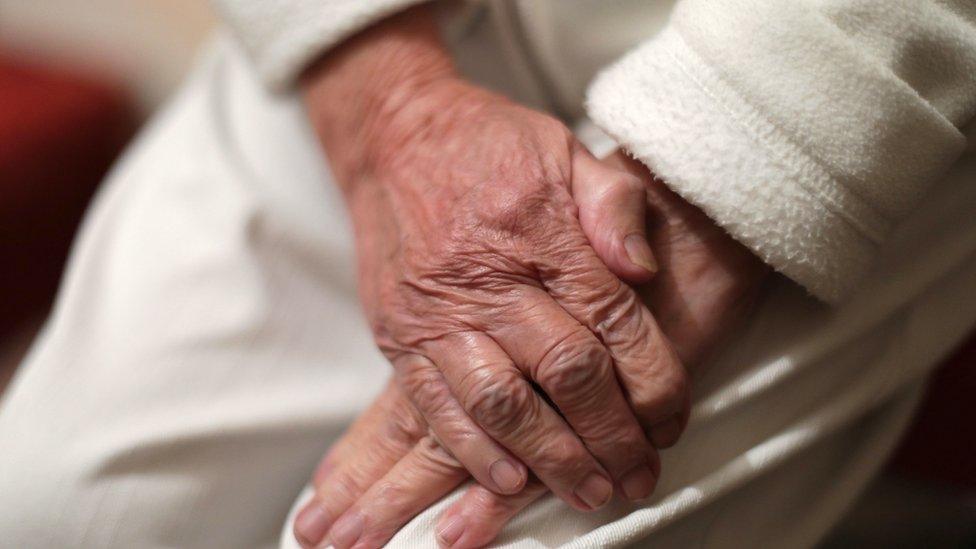Over-60s free travel 'costs £84m in lost revenue'
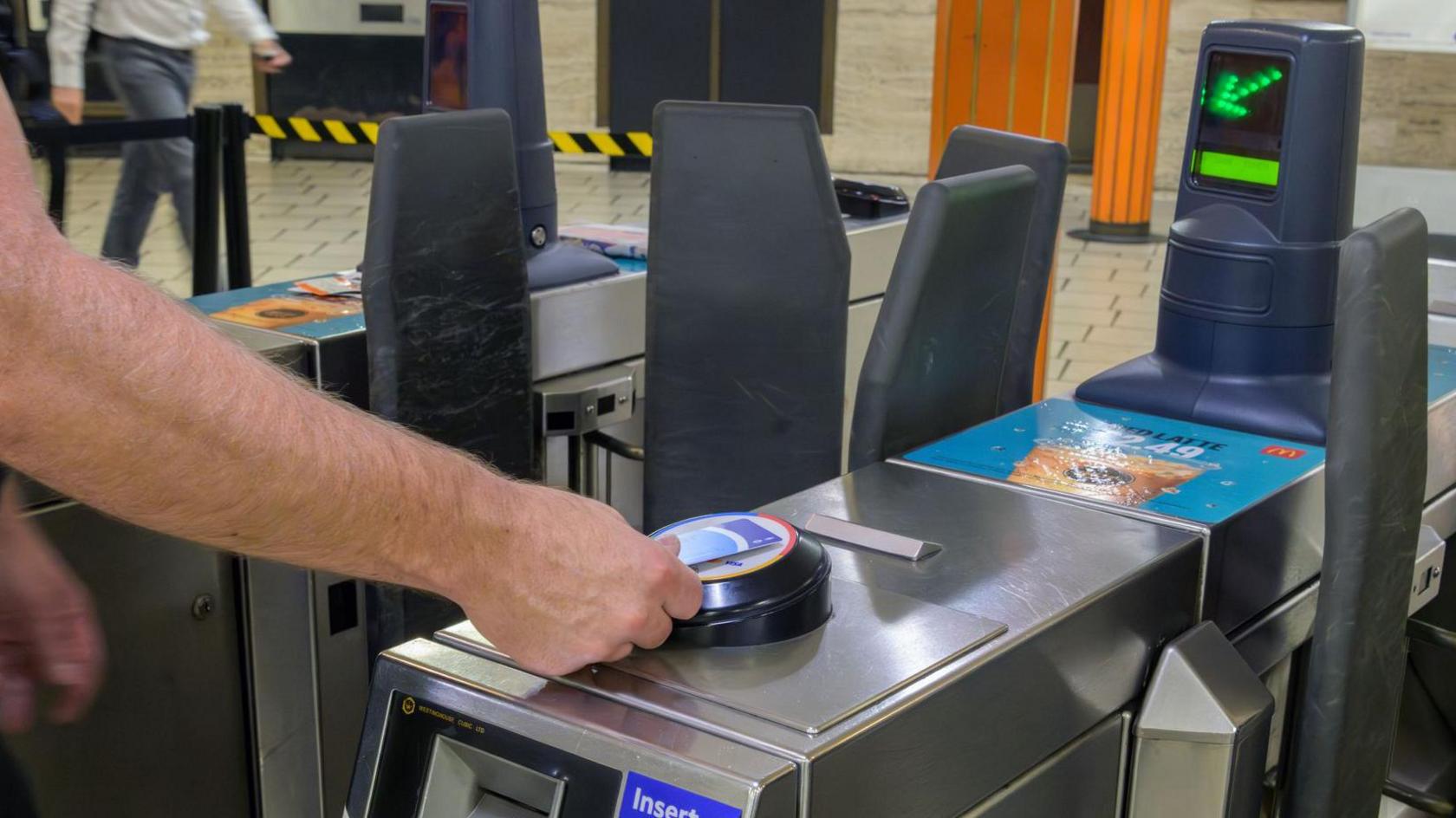
The free travel photocard for older people was introduced in 2012
- Published
The 60+ Oyster cost Transport for London (TfL) £84m in lost revenue in 2023-24, according to new figures obtained in a freedom of information (FOI) request.
The photocard allows people aged 60 and over who live in London to travel for free on TfL services - including on buses, the Tube and most National Rail services in the capital - except between 04:30-09:00 on weekdays.
Campaigners for intergenerational fairness reacting to TfL estimating a £84m lost revenue called for the benefit to be scrapped.
However a group representing older people has said it is "a lifeline for many to prevent social isolation and loneliness".
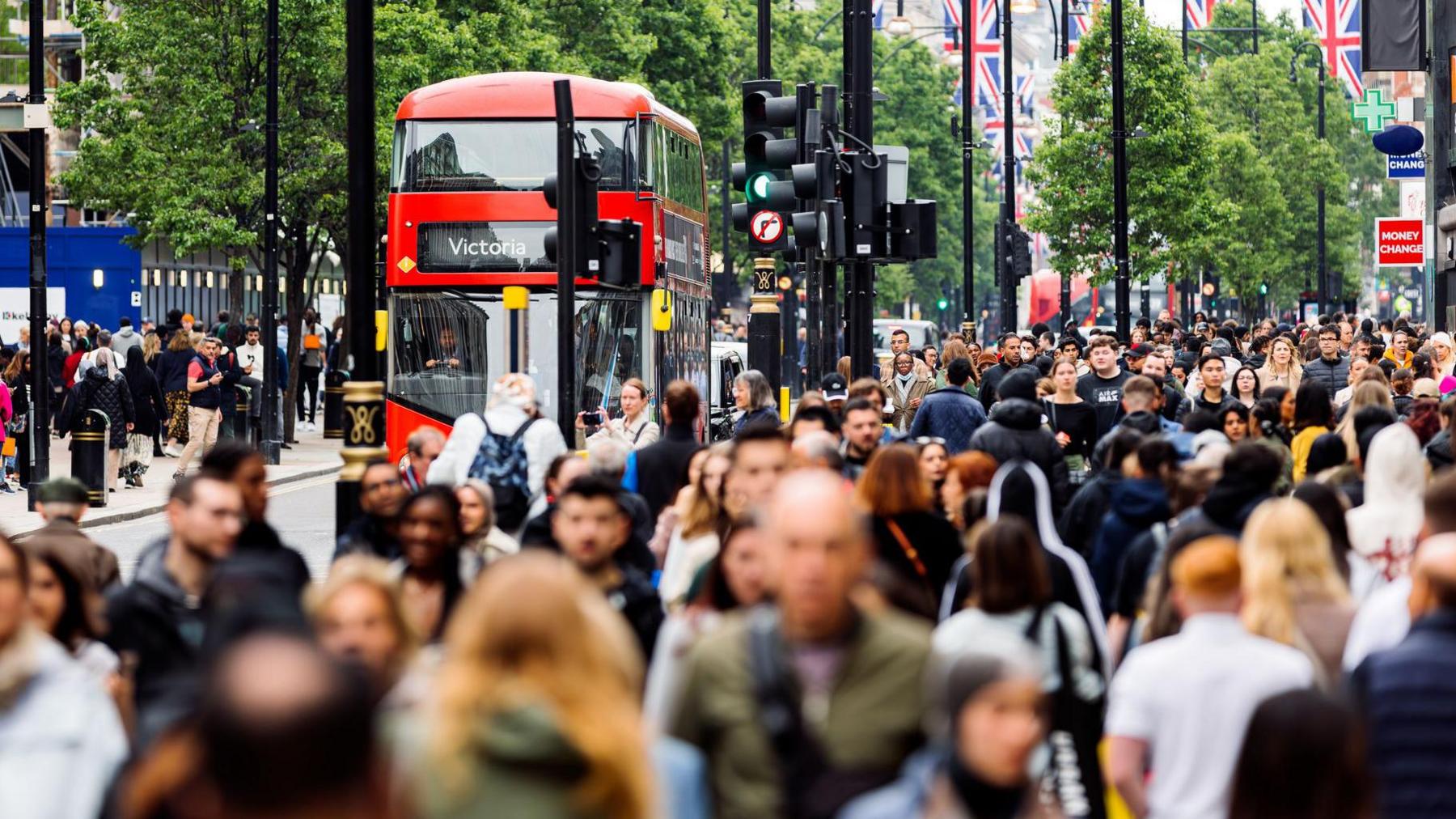
Transport for London said it regularly reviews the range of concessions it offers
Lost revenue is calculated as the revenue TfL would get if all journeys had been charged at full adult fares.
The 2023-24 figures represented a significant increase on the two previous financial years, in which £71m and £51m was estimated to have been lost.
The FOI also revealed there were 382,737 active 60+ Oyster photocard cardholders, of which almost a third – 119,735 – were registered in 2024-25.
Liz Emerson, CEO of the Intergenerational Foundation - which studies fairness across generations - told the Local Democracy Reporting Service (LDRS): "On intergenerational fairness grounds, the mayor of London must stop this free travel bung to workers below state pension age.
"Why should struggling younger workers facing unprecedented living costs continue to subsidise this freebie?"
TfL estimates that a third of journeys taken with the 60+ Oyster card would not happen if any fare were charged for these journeys.
Tube fares rose 4.6% in March, with research that month showing that the capital's public transport fares were the most expensive of any major world city.
TfL is also operating with a £23m shortfall.
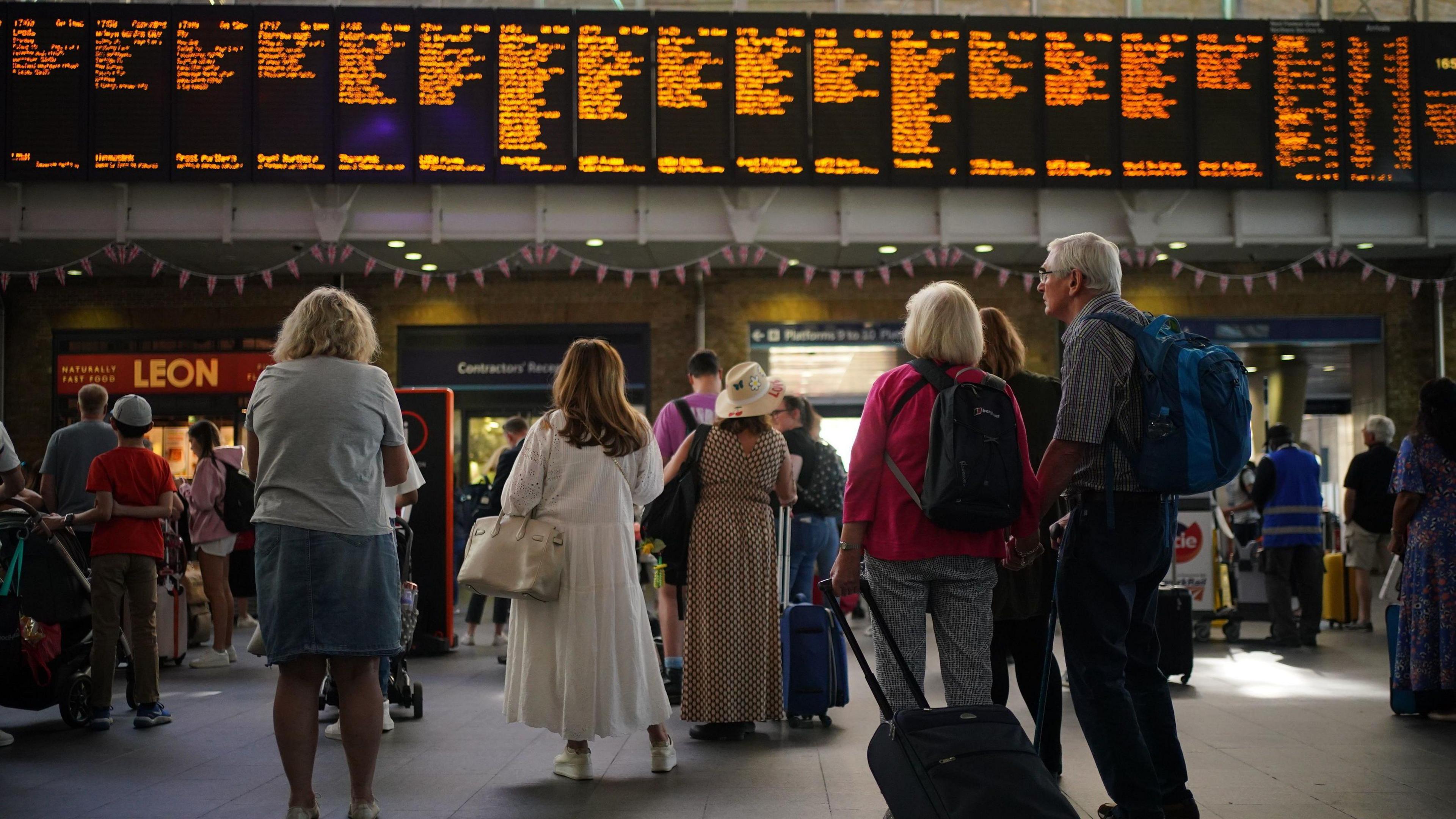
People over 60 can get free travel on buses, trains and the Tube network
Dennis Reed, director of Silver Voices, a group that advocates for senior citizens, said free travel for older people "more than pays for itself by improved mental and physical health".
He added: "(It) enables activities such as unpaid caring of grandchildren so that parents can work and voluntary work worth billions to society.
"What sort of society are we becoming where essential benefits like this are being questioned?"
Last month TfL announced the cost of obtaining a 60+ Oyster card would rise from £20 to £35, while the annual address eligibility check needed to retain the card will increase from £10 to £18.
A TfL spokesperson said: "Both the mayor and TfL are committed to making public transport in London as accessible, convenient, and affordable as possible.
"We regularly review our range of concessions to ensure that they continue to benefit Londoners, while also remaining affordable for TfL to operate."
Listen to the best of BBC Radio London on Sounds and follow BBC London on Facebook, external, X, external and Instagram, external. Send your story ideas to hello.bbclondon@bbc.co.uk, external
- Published28 April
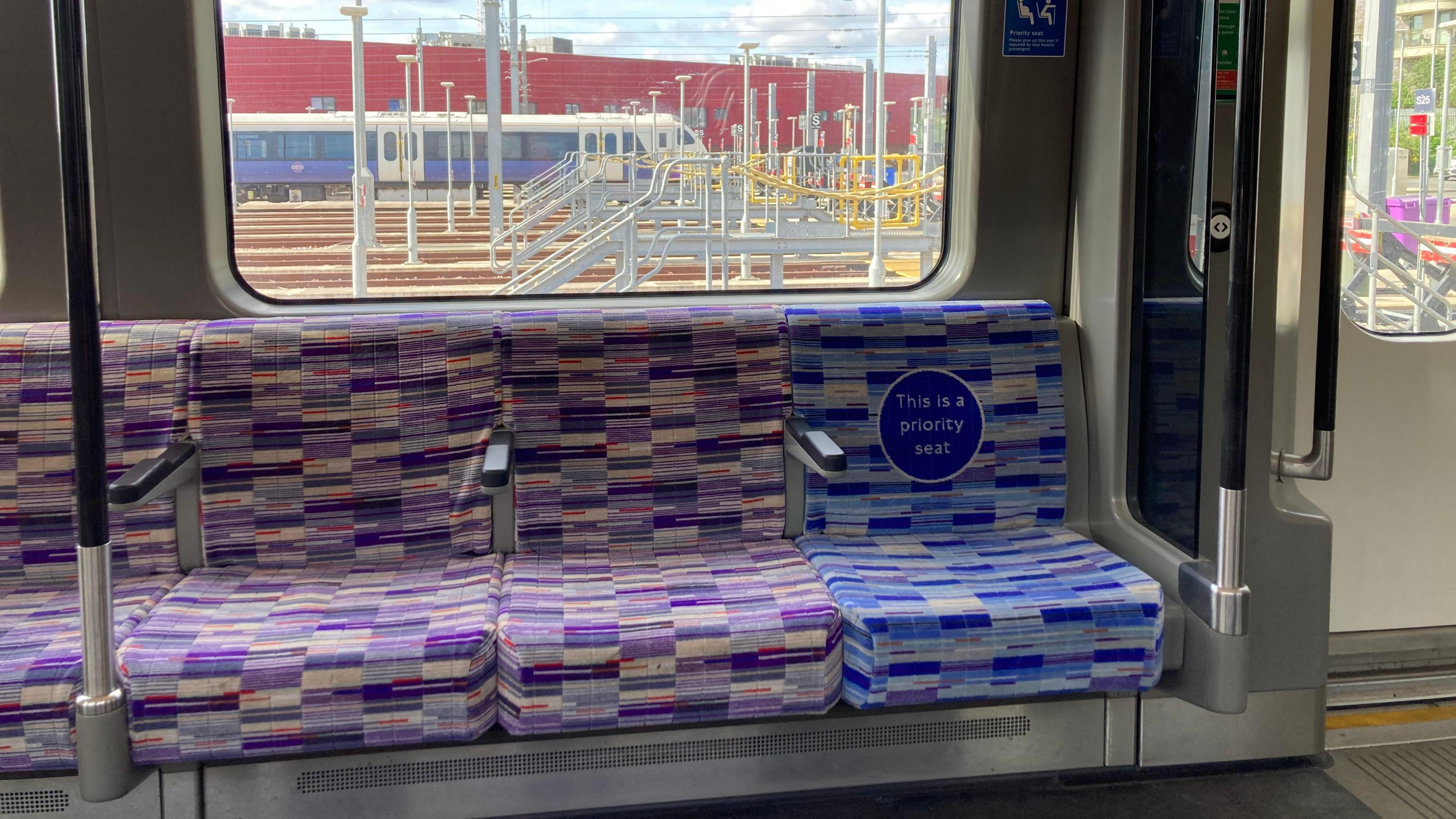
- Published3 July 2024
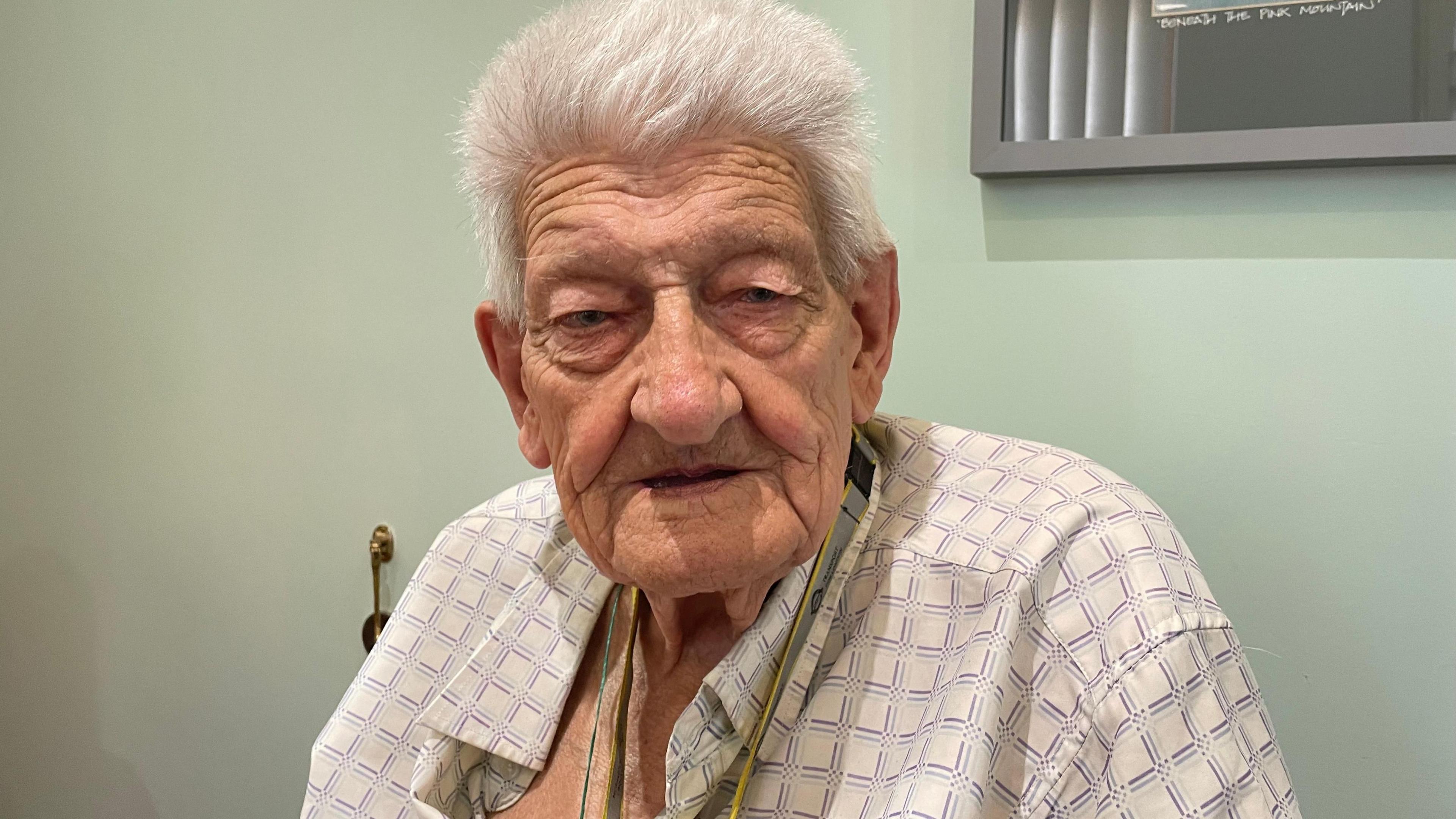
- Published6 October 2023
